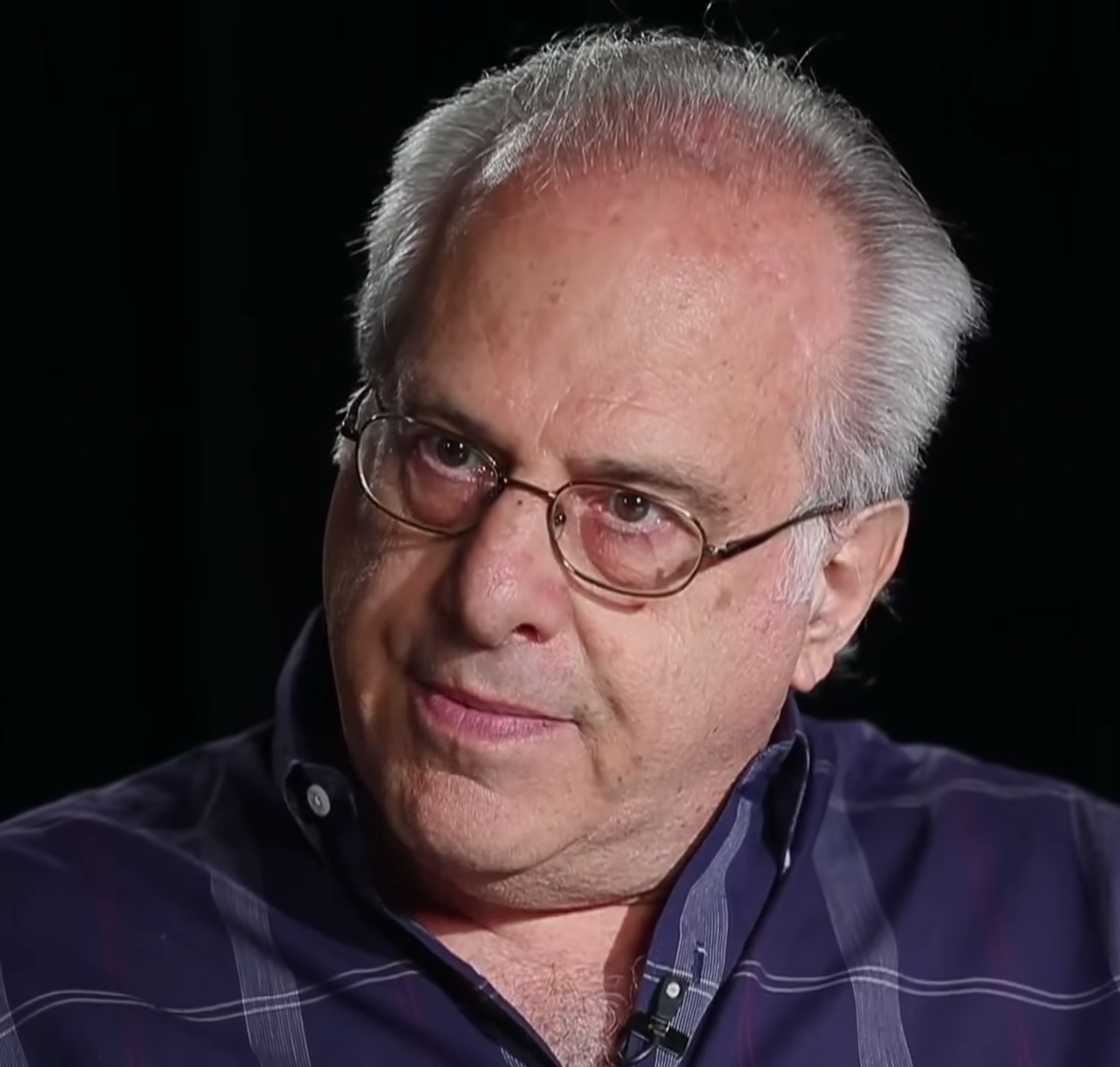Global Capitalism Monthly Update (12 March 2014)
Richard D. Wolff: Frasi in inglese
Global Capitalism Monthly Update (12 March 2014)
Global Capitalism Monthly Update (12 March 2014)
Global Capitalism Monthly Update (12 March 2014)
Global Capitalism Monthly Update (12 March 2014)
Global Capitalism Monthly Update (12 March 2014)
Global Capitalism Monthly Update (12 March 2014)
COVID-19 and the Failures of Capitalism (2020)
COVID-19 and the Failures of Capitalism (2020)
COVID-19 and the Failures of Capitalism (2020)
COVID-19 and the Failures of Capitalism (2020)
COVID-19 and the Failures of Capitalism (2020)
Capitalism's leaders are rushing into policy failures because of their ideological blinders.
COVID-19 and the Failures of Capitalism (2020)
We Need a More Humane Economic System—Not One That Only Benefits the Rich (December 26, 2018)
We Need a More Humane Economic System—Not One That Only Benefits the Rich (December 26, 2018)
On why hasn’t inflation increased dramatically in the U.S despite the Federal Reserve kept interest rates low.
We Need a More Humane Economic System—Not One That Only Benefits the Rich (December 26, 2018)
Global Capitalism Monthly Update (12 March 2014)
Global Capitalism Monthly Update (12 March 2014)
